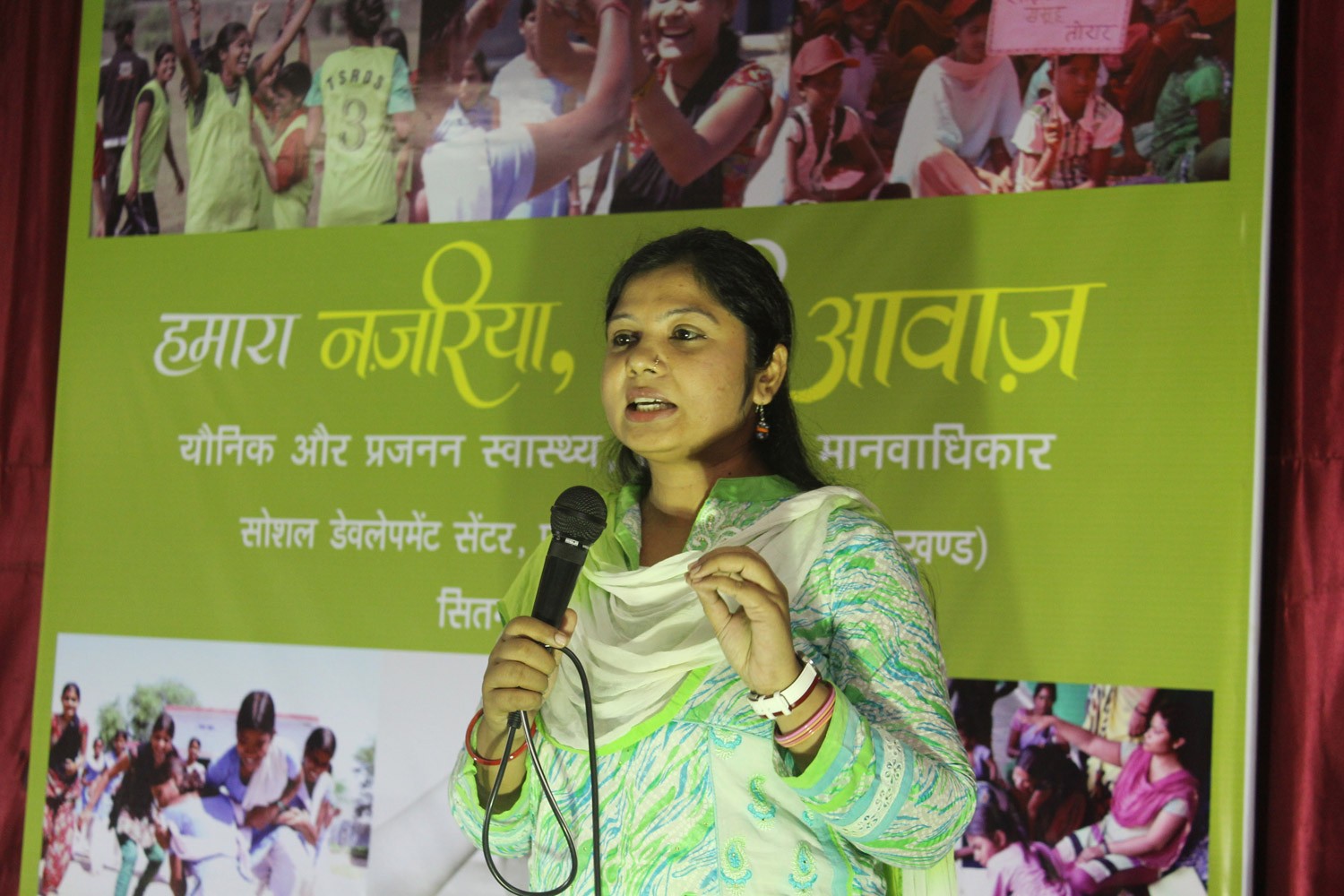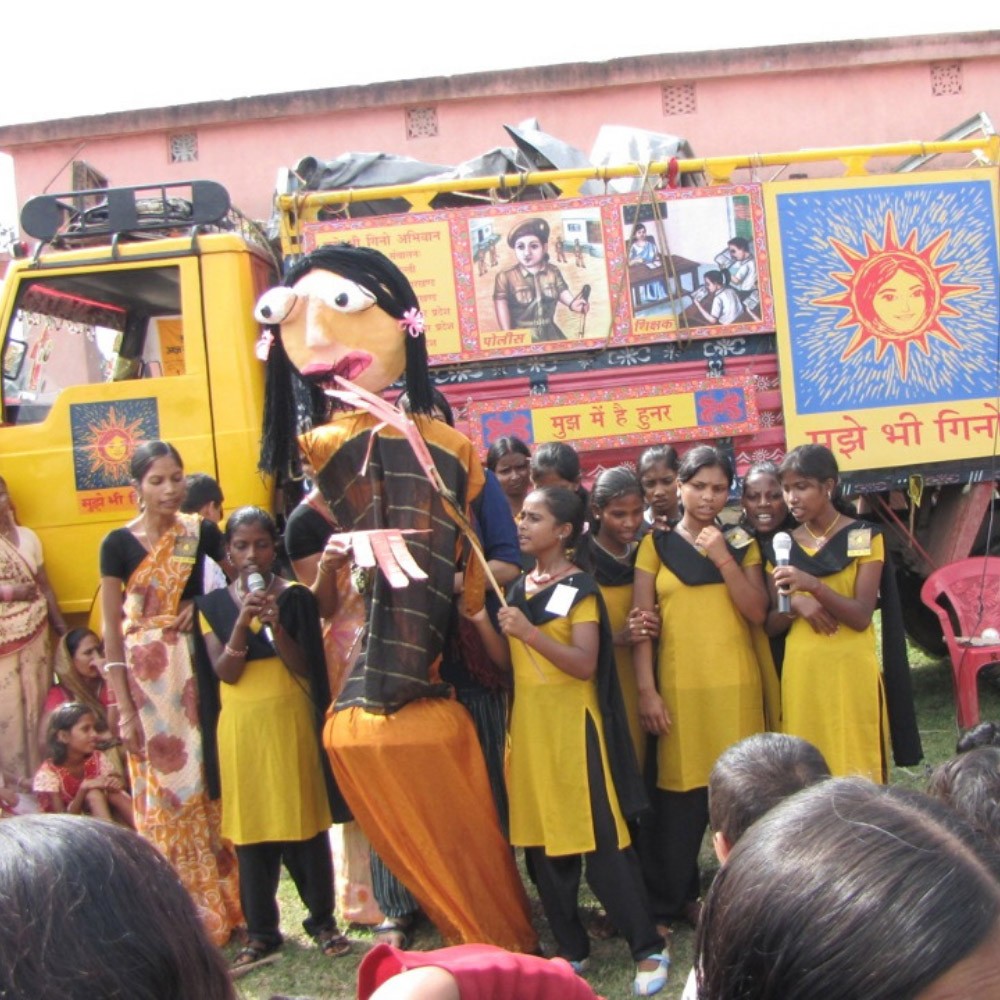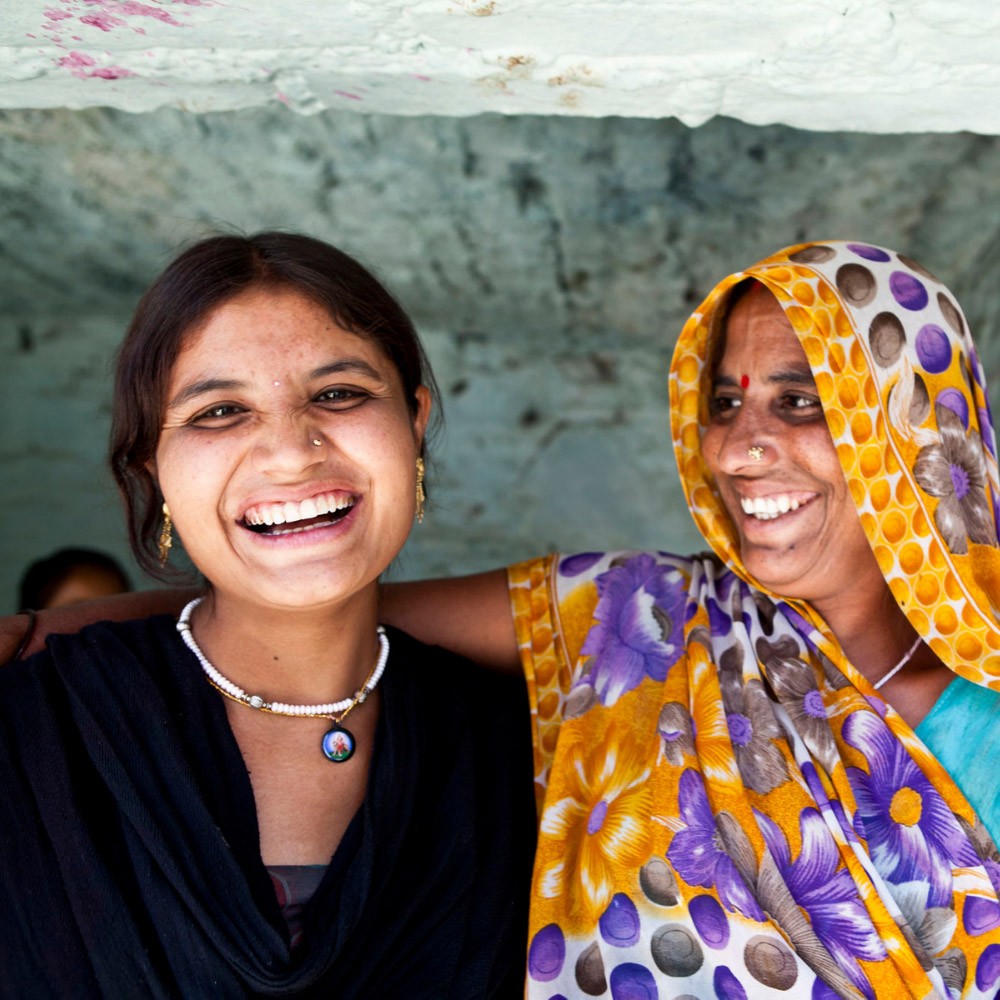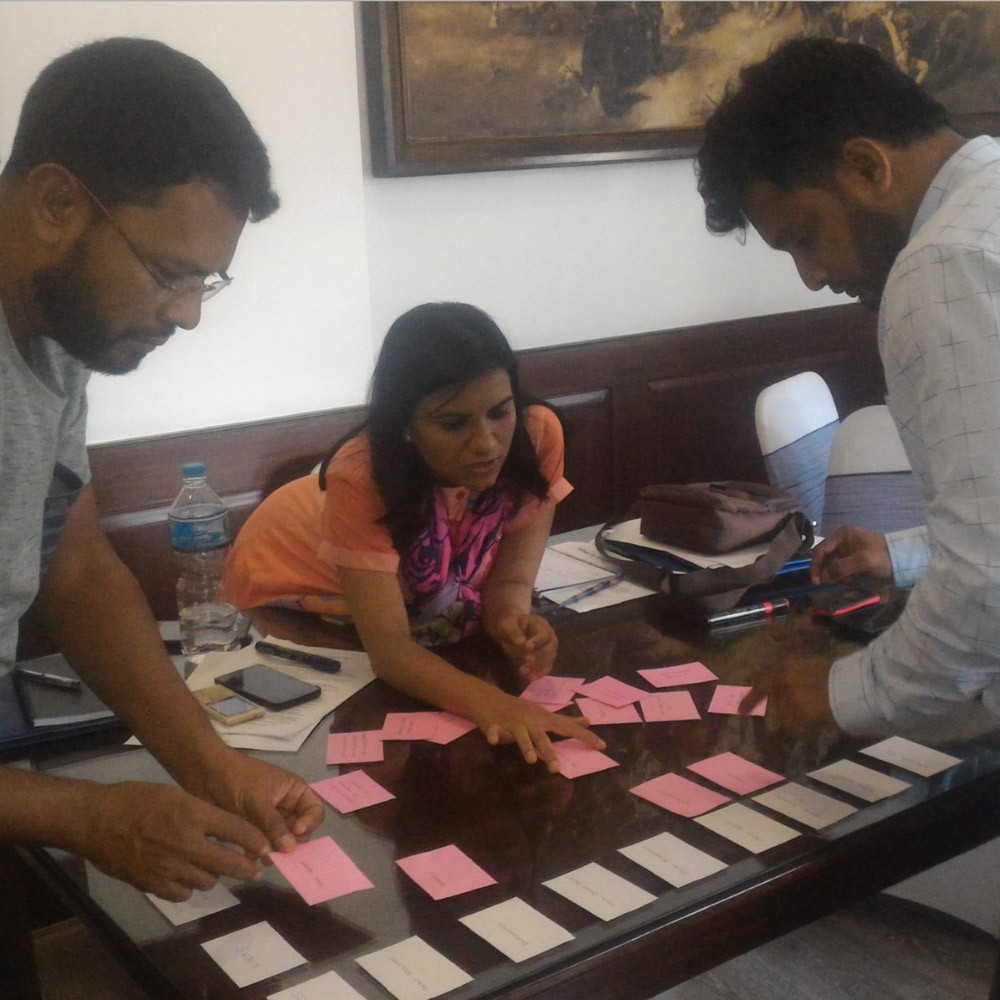Control and regulation of sexuality, in particular young women and girls’ sexuality, as a result of gender inequality exists in various cultural contexts and communities. Young women and girls often lack power and agency over their own lives and are often highly constrained in their decision making abilities. Rooted in patriarchy, control of sexuality is at the forefront of one of the world’s most prevalent and detrimental practices – early and forced marriage .
CREA throughout the years, has worked on early and forced marriage through collaborations and lobbying to ensure there is a conceptual clarity in the language around early and forced marriage that prioritizes inclusion of consent, choice and decision-making of young people as a key to address the issue.
In June 2013, CREA took up the issue of early and forced marriage at the biannual resolution in the UNHRC to ensure that the resolution acknowledged that early and forced marriage and addressed other root causes like patriarchal mindsets which enforce gender and sexual stereotypes and roles for young women. CREA, in consultation with CSOs who work on the issue of early and forced marriage in India, also made a submission to OHCHR to inform the council of the need for ground-level perspectives in order to address early and forced marriage.
Apart from policy level interventions, CREA also uses sports to address bodily autonomy among young girls; enabling them to exert greater control over their bodies make their own decisions around their bodies, health, education, relationships, and more.
We use our research and advocacy to inform national policymakers on the urgent need for action to address early and forced marriage with different approaches. Through its engagement with SRI and HRC, CREA engages with the United Nations and policymakers to influence and inform their policies and practices along with building more successful interventions to acknowledge and uphold the rights of girls, including their sexuality and sexual rights.



